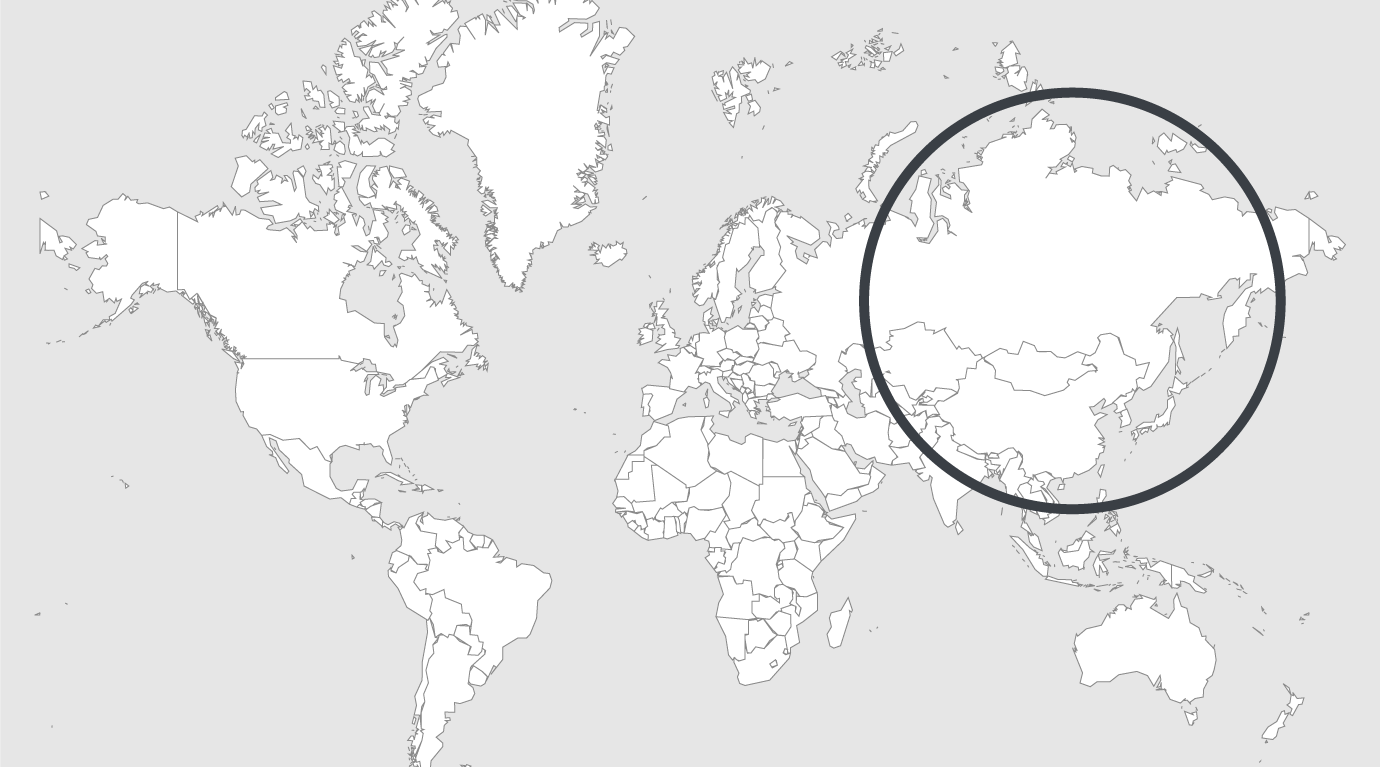
Explore
China: prison virus loopholes sound alarm to society
On Friday, a prison in Rencheng, Shandong Province, reported 200 new cases of novel coronavirus infection. Another 27 were reported in Shilifeng prison in Zhejiang Province. These new cases added to a sudden uptick in the nation’s overall number of infected cases, which shouldn’t have happened at all.
Hubei also reported that two prisons in the province saw 230 cases and 41 cases respectively. Obviously, poor management in prisons is a systematic problem.
Prisons are clusters, but the activities of prisoners are strictly controlled. Only police officers and working staff may have contact with outsiders. Slack thinking and management loopholes made prisons a hotbed of the spread of the epidemic, which shows that preventive and control work in these prisons must have become a kind of formalism.
Shandong, Zhejiang and Hubei have punished those accountable. It is hoped that the punishments will strengthen the alarm bell these incidents have rung. Everyone must be clear that the virus is far from being defeated. It can break our line of defense at any time.
These transmission accidents in prisons serve as a stark reminder that institutions and venues where people gather must step up their vigilance. We must prevent any kind of formalism and make every preventive and control measure a real safety valve.
We suggest local authorities consider postponing their decision to resume classes until the epidemic is curbed. Meanwhile, we should not be frightened by the resurgence in cases. Except Hubei, the rest of the country has just resumed production and the situation remains fragile. We cannot let these cases disrupt our resumption process.
China cannot wait to restore production until the epidemic is completely wiped out. That is not the principle of epidemic prevention.
The cases in prisons mean the virus is still destructive and similar occasions may turn up again. But these cases will not change the general trend that the national preventive and control situation is improving. What is important is that people do not panic and draw experiences from these cases so that more measures can be adopted to plug the loopholes.
The human contact chain must be kept clear and large-scale gatherings must be avoided. Each residential community and unit that has resumed work must hold strict management toward their personnel and their contact with the outside. They should also always track people’s health conditions.
We cannot risk everything when fighting the virus. This is a test of our governance, wisdom and courage.
